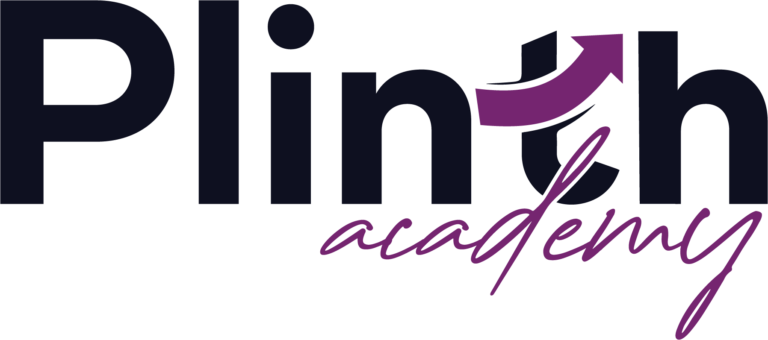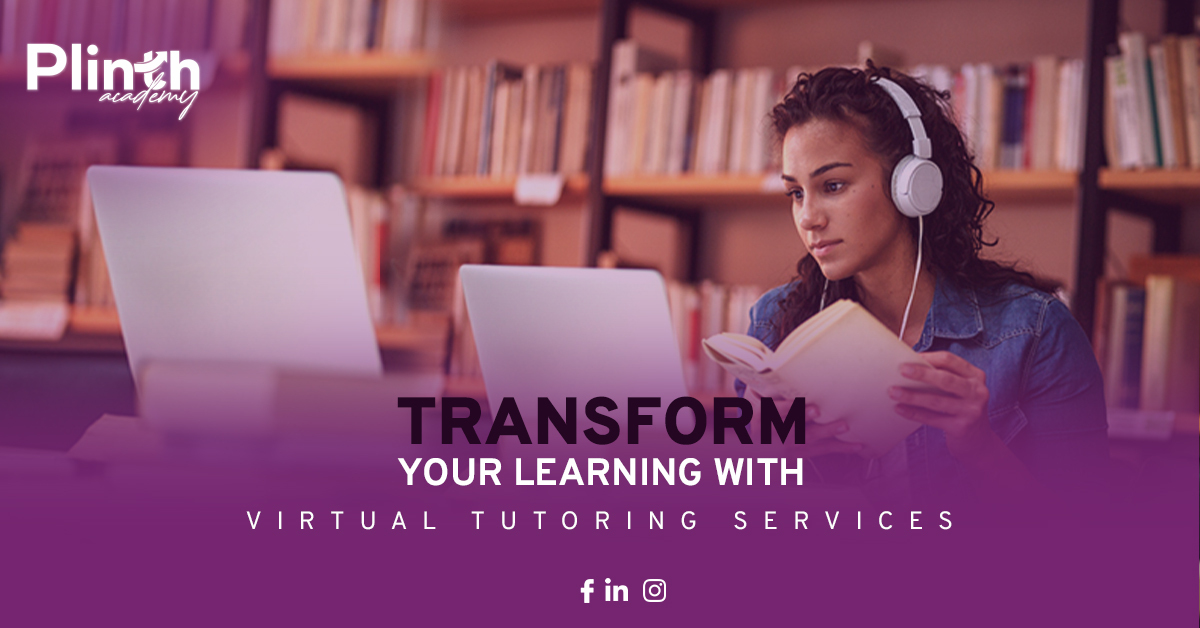What Is Virtual Tutoring In The Middle East?
In simple terms, virtual tutoring means a student and a tutor working together one-on-one through online video chat. The tutor’s goal is to help the student understand their schoolwork better. It depends on the preference of the tutor, whether it’s a specific subject or more general learning.
A tutor is a special kind of teacher- not a replacement for regular classroom learning, but someone who supports students academically. They work at the student’s pace, focusing on building skills according to the student’s goals. Tutors provide less new instruction but offer more individual attention compared to a typical classroom in online tutoring.
How does online tutoring work?
In online tutoring, tutors usually connect with students through a tutoring service that matches them based on their needs. Some tutors specialize in certain subjects or specific grade levels, while others focus on language learning or exam preparation. Students looking for online tutoring need to find a tutor whose expertise matches their academic goals.
Online tutoring sessions typically last one to two hours, once or several times a week, often after school. The sessions are held over video call, and additional tools like whiteboards may be used to enhance the learning experience. To make the most of tutoring, students should have a quiet space at home with few interruptions.
Tutors plan lessons in advance, so students should share relevant academic material before sessions. Good communication is the key to a successful online tutoring session. The exact structure of each session depends on the tutor’s style and the student’s needs, making this educational partnership highly adaptable and personalized.
Different types of online tutoring
Personalized Learning Platforms:
In online tutoring, you get to explore tailored educational technology tools that cater to individual needs. These platforms support students in setting their own pace, choosing topics of interest, and receiving personalized feedback. While they offer engaging and effective learning experiences, they may lack instant, tailored help for stuck skills or exercises.
Video-Based Tutoring:
In this, students discover an innovative way to receive personalized instruction and guidance from experienced tutors through video technology. Video-based online tutoring discards geographical barriers, offers flexible scheduling, and provides a convenient solution for students seeking academic support. The only requirement is a reliable, high-speed internet connection.
Virtual classrooms:
A virtual classroom is a revolutionary online platform where students and teachers connect for real-time learning experiences. Online tutoring through virtual classrooms replicates traditional settings, allowing students to participate in discussions, collaborate with peers, and access resources from the comfort of their homes. However, burnout may occur, and a reliable high-speed internet connection and suitable devices are essential. The best online tutoring through virtual classrooms can be experienced through Plinth Academy, which is an e-learning platform in the Middle-East, giving one-on-one and group sessions as well.
AI-Powered Tutors:
It is an advanced AI technology with tutors like Khanmigo for personalized and interactive learning experiences. Enjoy around-the-clock one-on-one tutoring, fostering critical-thinking skills, and utilizing robust parental controls. While some AI-powered chatbots lack safety guardrails, Khanmigo prioritizes ethical AI, offering peace of mind as your child explores Khan Academy’s content library.
Advantages of Virtual Tutoring
Accessibility:
Available anywhere, online tutoring reaches students, especially in remote areas with limited educational resources.
Personalization:
in online tutoring, tutors tailor teaching to each student’s needs, fostering better understanding and academic improvement.
Flexibility:
Scheduling is flexible, allowing students to choose convenient times that fit their busy lives.
Cost-effective:
online tutoring often costs less than in-person alternatives, saving commute time and expenses.
Diverse Expertise:
Students can access tutors skilled in various subjects, from math and science to language arts and test preparation.
Digital Resources:
Tutors use interactive tools like whiteboards and online quizzes, making lessons engaging and interactive.
Recorded Sessions:
Some platforms allow students to record sessions for independent review and concept reinforcement.
Challenges to Consider
Digital Literacy:
Effective online tutoring requires reliable internet and digital proficiency.
Quality Control:
Ensuring tutor qualifications and effectiveness is crucial. Choose reputable services with qualified educators.
Limited Interaction:
While convenient, online tutoring lacks the face-to-face interaction of traditional methods.
Privacy and Security:
Protecting student information is paramount. Reliable services prioritize data security.
Tools to make online learning more effective
In online tutoring, there are helpful tools that benefit both students and tutors, improving the learning experience and making it more effective. These tools enhance engagement, organization, and payment processes.
Video Calling Tools:
To connect with students personally in virtual classrooms, video calling tools like Google Meet and Zoom are crucial. These tools let tutors see students’ faces, body language, and even share screens for a better understanding. They make it easy to present documents like presentations or websites, enhancing the overall learning experience.
Interactive Online Whiteboards:
Another useful tool for online tutoring is an interactive whiteboard. This software allows tutors to write or draw on a digital canvas, helping to explain concepts or solve problems. Some even have virtual calculators or graphing tools, which are handy for math and science sessions. Some whiteboards also allow for recording sessions for later review.
Tutor Management Tools:
Tutor management tools, like TutorCruncher tutor management software, help tutors stay organized and efficient. These tools help with scheduling, payments, progress reports, marketing, and resource management. By automating these time-consuming tasks, these tools save time and make error-free reports. It also allows tutors to focus on their subject and understand student’s weak points to make them understand it better.
The Future of Virtual Learning:
Online tutoring is essential for the future of education. As technology advances, we have to adapt to new and exciting things like augmented reality and tutoring with the help of artificial intelligence. These innovations will make learning even more engaging and immersive.
One major change brought about by the coronavirus pandemic is how people feel about connecting with others remotely. This shift is noticeable in the tutoring market too, where students no longer have to go to a tutor’s house. Amid this educational shift, Plinth Academy stands out, offering a comprehensive e-learning in the Middle-east for students appearing in their board exams.
Online tutoring in the virtual world has many advantages, especially for students with learning disabilities. It provides a convenient alternative for students facing academic challenges when working with tutors in person.
In the past, some were concerned that online tutoring might be less effective or could lead to the loss of certain aspects of the tutor-student relationship. However, based on surveys and customer feedback, it’s clear that conducting lessons online has many benefits of its own. The ability to teach or learn from anywhere in the world, at any time of the day, makes online tutoring more accessible than ever before.
Conclusion
Virtual tutoring is a way for students to get personalized help from a tutor through video chat. Tutors focus on what the student needs, helping them understand homework better. While it’s not a replacement for regular classroom learning, online tutoring provides extra support. Sessions usually happen a few times a week, and good communication between the student and tutor is essential. Overall, online tutoring is a flexible and personalized way for students to boost their learning.
Frequently Asked Questions (FAQs)
1.What is online tutoring, and how does it work?
Online tutoring is when a student learns from a tutor through the internet. They usually use video chat, and the tutor helps with schoolwork or learning specific subjects.
2.How do I find an online tutor for my child?
You can find an online tutor by using online tutoring services. Look for a platform that matches students with tutors based on their needs and expertise.
3.What subjects can my child get help with through online tutoring?
Online tutors can help with various subjects, from math and science to language arts and exam preparation. Some may specialize in specific areas, so it is important to find a tutor that matches your child’s needs.
4.How often do online tutoring sessions usually happen?
Online tutoring sessions typically occur one to two times a week. The schedule can be flexible, and it often depends on the student’s needs and availability.
5.What technology or tools are needed for online tutoring?
To participate in online tutoring, your child will need a computer or device with a reliable internet connection. Most sessions take place through video chat, and sometimes additional tools like interactive whiteboards may be used to make learning more engaging.


